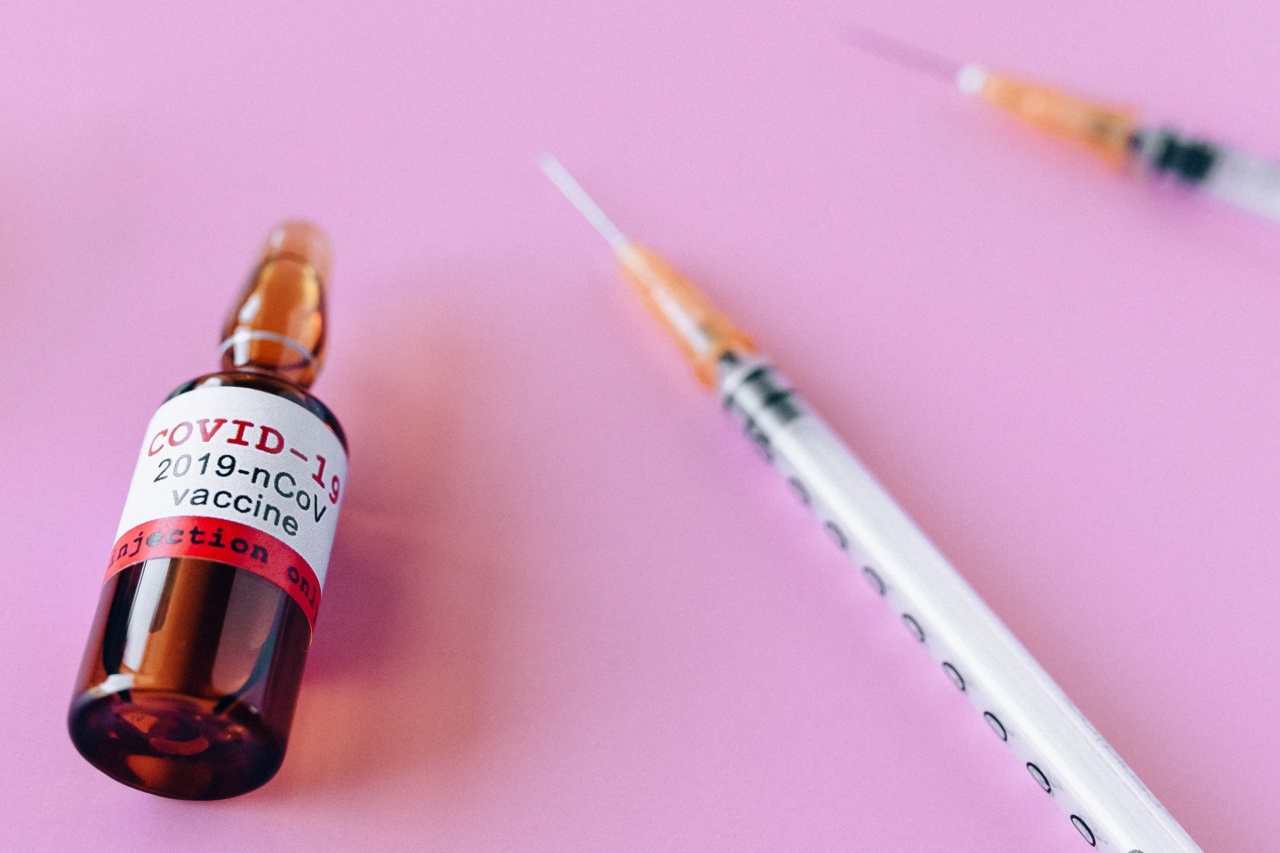Advanced melanoma is a type of skin cancer that has spread to other parts of the body. It is a particularly aggressive form of cancer, and finding effective treatments for it can be challenging.
However, Bristol Myers Squibb (BMS), a global biopharmaceutical company, has been at the forefront of melanoma research and treatment for many years. Their latest study has made significant advancements in the treatment of advanced melanoma, providing new hope for patients.
Understanding Advanced Melanoma
Melanoma is a type of cancer that begins in the cells that produce melanin, the pigment responsible for the color of our skin, hair, and eyes.
When melanoma cells become cancerous, they can spread to other parts of the body, such as the lymph nodes, lungs, liver, or brain. This is known as advanced or metastatic melanoma.
Advanced melanoma is a serious and life-threatening condition. Traditional treatment options, such as surgery, chemotherapy, and radiation therapy, may not be effective in controlling the spread of the disease or improving overall survival rates.
Therefore, novel therapeutic approaches are urgently needed.
BMS’s Latest Study: A Breakthrough in Melanoma Treatment
Bristol Myers Squibb’s latest study has shown promising results in the treatment of advanced melanoma. The study focused on a novel immunotherapy approach that harnesses the body’s immune system to fight cancer cells.
1. Understanding Immunotherapy
Immunotherapy is a type of cancer treatment that helps the immune system recognize and destroy cancer cells more effectively. It works by boosting the body’s natural defenses, enabling it to target and attack cancer cells specifically.
Traditional cancer treatments, such as chemotherapy and radiation therapy, often have significant side effects because they can damage healthy cells along with cancerous ones.
Immunotherapy, on the other hand, tends to have fewer side effects since it specifically targets cancer cells.
2. Key Findings of the Study
BMS’s study focused on a class of drugs known as immune checkpoint inhibitors. These drugs work by blocking certain proteins on cancer cells or immune cells, allowing the immune system to better recognize and attack the cancer.
The study evaluated the effectiveness of a specific checkpoint inhibitor, known as OPDIVO® (nivolumab), in treating advanced melanoma.
The results of the study were highly encouraging. Patients treated with OPDIVO® showed significantly improved overall survival rates compared to those receiving standard chemotherapy.
This means that OPDIVO® could potentially extend the lives of patients with advanced melanoma, offering them a better chance at fighting the disease.
3. Combination Therapies and Synergistic Effects
While OPDIVO® has shown great promise as a standalone treatment for advanced melanoma, BMS’s study also explored combination therapies.
Combining immunotherapy with other treatment modalities, such as targeted therapies or other immunotherapies, has shown potential for even greater efficacy.
Combination therapies can have a synergistic effect, meaning that the combined treatments work together to enhance the overall therapeutic effect.
This can lead to a stronger immune response against cancer cells, potentially resulting in better outcomes for patients.
4. Precision Medicine Approach
Another exciting aspect of BMS’s study is the focus on precision medicine. Precision medicine aims to tailor treatments to each individual patient based on their specific genetic makeup and the characteristics of their cancer cells.
By understanding the unique molecular profile of each patient’s tumor, doctors can choose the most appropriate treatment option.
Through advancements in genetic sequencing technology, it has become possible to identify specific mutations or genetic alterations in cancer cells.
These alterations can be targeted with specific drugs, leading to more effective and personalized treatments.
5. Potential Side Effects and Long-Term Safety
Although immunotherapy offers promising results in the treatment of advanced melanoma, it is important to consider potential side effects and long-term safety.
While immunotherapies tend to have fewer side effects than traditional treatments, they can still cause immune-related adverse events, such as fatigue, skin reactions, or inflammation of organs.
It is crucial for healthcare providers and patients to maintain open lines of communication regarding any side effects experienced during treatment.
This allows for proactive management and the optimization of treatment plans to minimize distress and ensure patient safety.
6. Future Directions and Ongoing Research
Bristol Myers Squibb’s latest study represents a significant step forward in the treatment of advanced melanoma. However, research in this field is ongoing, and there is still much to learn.
Scientists and clinicians continue to investigate new combinations of immunotherapies, targeted therapies, and other treatment modalities to further improve patient outcomes.
Additionally, ongoing clinical trials are exploring the potential of these therapies in other types of cancers and in earlier stages of melanoma.
This research aims to identify optimal treatment strategies that can be implemented earlier in the course of the disease, potentially leading to even better outcomes for patients.
Conclusion
Bristol Myers Squibb’s latest study has demonstrated significant advancements in the treatment of advanced melanoma.
Through immunotherapy and a precision medicine approach, BMS’s findings offer new hope for patients with this aggressive form of skin cancer.
While there is still much to learn and additional research is ongoing, these developments mark a milestone in the fight against advanced melanoma.
The potential for improved overall survival rates and synergistic combination therapies brings renewed optimism to patients and healthcare providers alike.
























